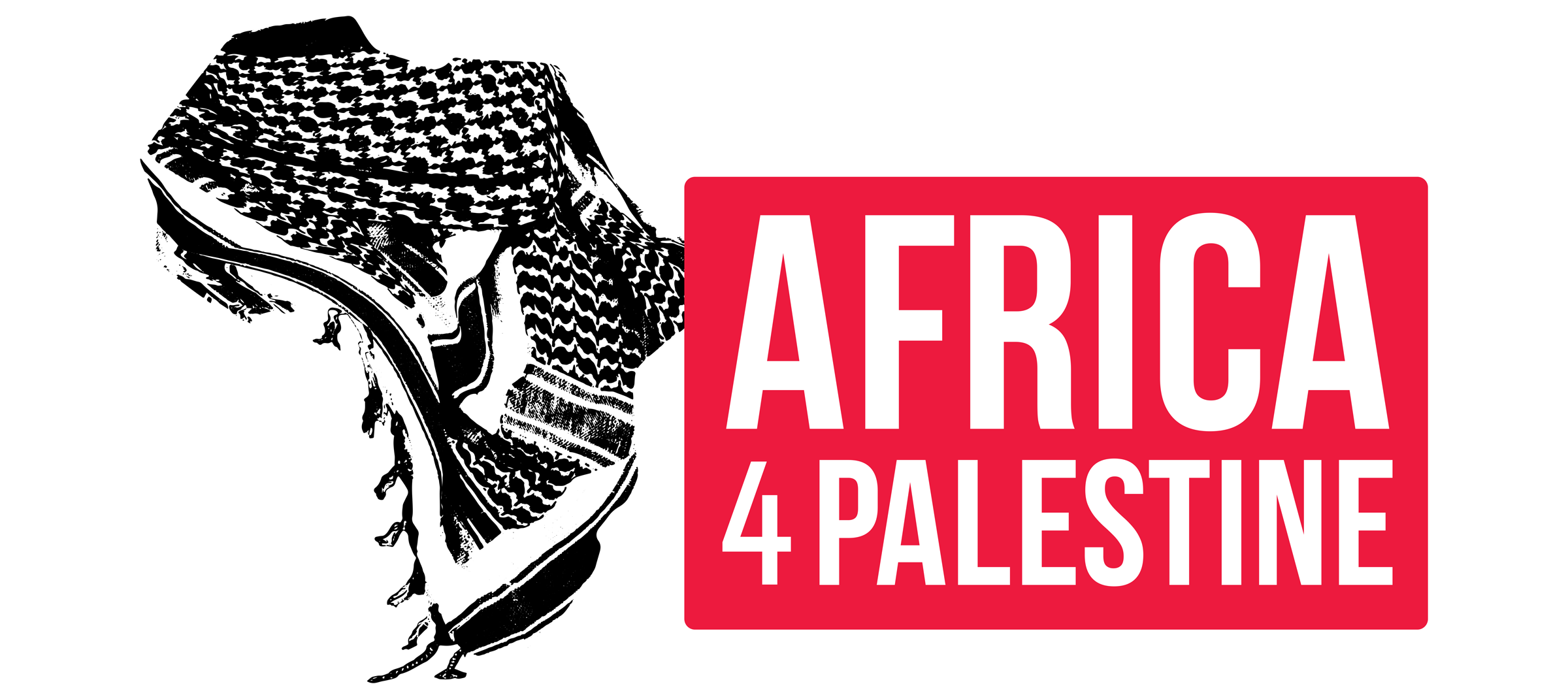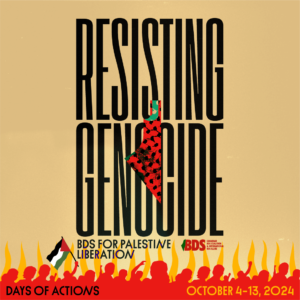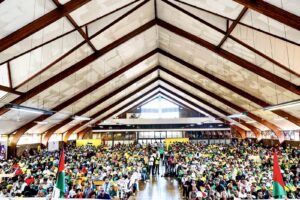A week ago Israeli TV host Assaf Harel said: “Ever since the right wing took power more voices are warning of apartheid. Are you kidding?
Apartheid has been here for ages. It’s just that we’re on its good side, so it doesn’t really bother us. We’ve been abusing the Palestinians for years, denying them their basic rights. Once we used the Jewish National Fund to raise money to buy the land. Today we just pass a law saying we can take their land and that’s it.”
Israel maintains a regime similar to what South Africa’s was: a dual legal system – civilian for Jews and military for Palestinians. Jewish settlers are citizens; Palestinian residents are denied human, civil and political rights. Palestinian citizens of Israel suffer discrimination in budgetary allocations, freedom of speech and access to land and services.
Palestinian refugees from the 1948 Nakba (exodus) cannot even set foot in the country, let alone enjoy any rights within what used to be their home. Entrenching the legal and political fragmentation of the Palestinian population is a key goal of the Israeli regime.
The Israel Apartheid Week, an annual event held in March, aims to mobilise in solidarity with the Palestinian people. Naturally, many South African activists are willing to share their experience in the struggle against apartheid.
The anti-apartheid movement was based on forming broad alliances across racial barriers; putting pressure on the regime internally through mass mobilisation; and combining marches, strikes, boycotts, mass action, overseas solidarity, diplomacy and armed struggle.
Can elements of that approach be used against the Israeli regime and in the service of the Palestinian campaign for civil and political rights?
Palestinian unity requires placing the struggle against the occupation above factional squabbles, mobilising popular forces on a shared platform of resistance, and co-ordinating efforts with Palestinians in the Diaspora and inside Israel.
Forming alliances with progressive Israeli forces is more difficult to achieve. The notion of co-resistance of all those opposed to the occupation regime, regardless of their ethnic and religious background, has been raised to help such a move.
To undermine the regime, its weak spots must be targeted. The co-ordination between the Palestinian Authority and Israeli security forces is a prime target for a non-collaboration campaign. The sale of Israeli industrial and agricultural products to a captive Palestinian market is a target for a boycott campaign, and so are all companies benefiting from the occupation, whether they are located within the occupied territories or elsewhere.
This will enhance a movement against the occupation from within. Its targets should include Israeli businesses that participate in the building of illegal settlements in the occupied territories.
We must keep in mind that the apartheid analogy obscures an important dimension of the South African system: the role of black labour in white prosperity.
The white-dominated state relied on exploiting black people to enhance its own welfare. At the same time, this gave black workers leverage to apply pressure and extract concessions. The labour movement thus played a central political role.
This is not the case in Israel/Palestine: creating employment for Jewish immigrants has been paramount, making Palestinian workers dispensable and unable to undermine the system from within. The role of external solidarity, therefore, is crucial.
Diplomacy and solidarity in the service of the internal movement is essential. So, too, is dialogue and co-ordination between local and global actors.
Outsiders may provide advice but the responsibility for action is carried by local people and organisations. Let us support them by educating ourselves and others, providing options for analysis, reflection and action, and expressing solidarity.
- Ran Greenstein is an associate professor in the department of sociology at Wits University





